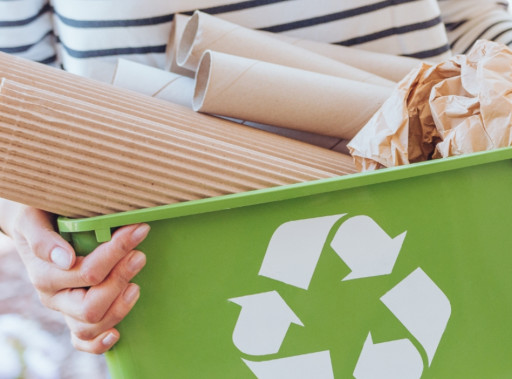MELBOURNE, Australia, Oct. 28, 2022 (GLOBE NEWSWIRE) -- According to Waste Sense, provider of independent waste management services Melbourne wide, the sustainability push from the major supermarkets is a step in the right direction towards helping to solve the plastic pollution crisis.
The reusable plastic bags can only be recycled at special Redcycle stations within the company's stores. After removing single-use plastic bags from stores in 2018, the reusable 15c bags helped to change consumer behaviour, explains Waste Sense. The major supermarkets plan to phase out reusable plastic bags to help customers adjust to the change.
Though some supermarkets continue to offer reusable plastic bags in stores, paper shopping bags have been introduced for customers in WA where a ban on plastic shopping bags came into effect on July 1. They are trialling offering paper bags to customers in other states, to provide customers with choice.
Waste Sense explains that some of the major supermarkets have stepped up their sustainability game, with a focus on removing unnecessary packaging in stores and targeting 100 per cent renewable energy across operations by 2025 and has pledged to make its operations net carbon positive by 2050. Waste Sense explains that this means it will remove more carbon from the atmosphere than it produces.
Additionally, a major supermarket introduced compostable fruit and vegetable bags in its South Australian stores, which has removed up to 70 tonnes of plastic from landfill annually, though it is yet to announce any plans to roll out the compostable fresh produce bags in other states.
Waste Sense helps businesses better understand their waste and ways to divert it from landfill into the recycling markets. This includes disposing of organic waste. The independent waste broker explains that around 50 per cent of Australia's waste could be converted into compost and returned to soil systems.
To organise an audit of current processes and discuss the most cost effective recycling and waste management program, contact the leaders in waste management Melbourne and beyond today.
Contact Information:
Waste Sense
Founder
service@wastesense.com.au
1300 492 783
Related Images

Image 1: Waste Sense
Waste Sense
This content was issued through the press release distribution service at Newswire.com.
Attachment
